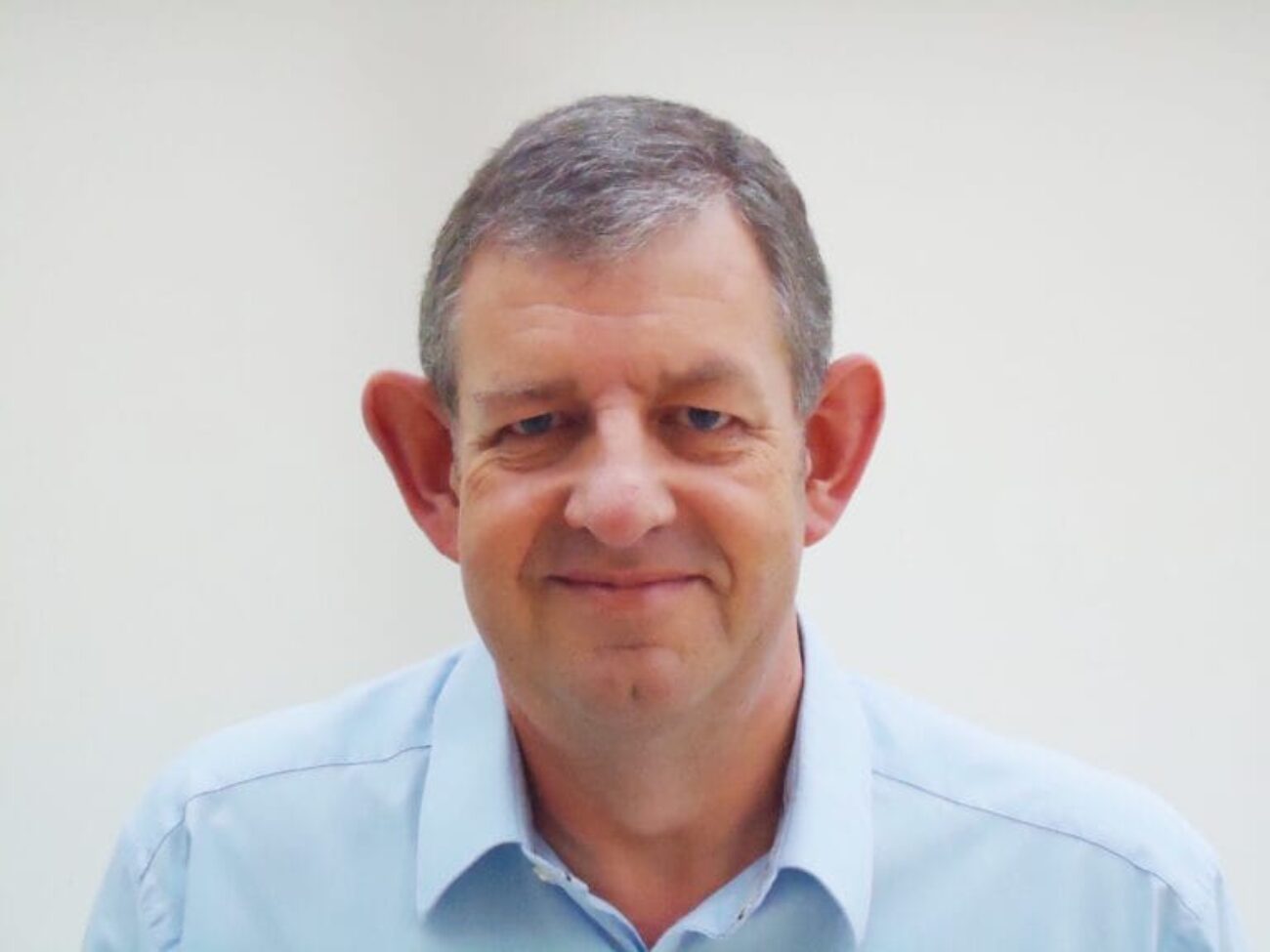
Last week we grabbed a coffee with Vanessa Di Cuffa, one of our three new Non-Executive Directors, to learn more about what makes her tick and her passion for Impactt. This week we checked in with Phil Mumby to hear more about what inspired him to join the Impactt Board of Directors and why he loves tea so much.
Hi Phil. Welcome to the Impactt Board of Directors! Can you tell us a little bit about yourself?
I’ve spent most of my professional career working in the tea industry and, during that time, became particularly interested in ethical trade and sustainable business practices. I was involved in creating the Ethical Trading Initiative (ETI) in 1996 and continue to work as a consultant in that field, as well as being a tea specialist. My work has taken me all over the world, with many memorable experiences and long-lasting friendships.
What inspired you to join the Impactt Board?
Twenty-five years on from the birth of ETI, I had become dispirited about the growth of CSR-type initiatives that focus on identifying problems but not really dealing with them. This changed following a long conversation with an old colleague, now one of the directors of Impactt, who told me what was going on and rekindled my enthusiasm. So, I researched Impactt and was keen to be part of things.
What about our mission and vision excites you?
I’m motivated by the potential to really make a difference. Impactt has the opportunity to work with companies and organisations that want to drive change, correct injustices and improve the lives and prospects of workers. At Impactt we’re not just collecting data and identifying problems, we’re helping to fix them, and choosing to work with clients that are committed to doing this. We’re making a substantial impact globally, and that’s what really excites me.
“I am motivated by finding creative solutions to difficult problems and by the authenticity and integrity of people who work for justice and change – I find such people life-giving.“
How do you stay motivated in your work?
I am naturally curious to discover and experience new things. I used to write a blog telling stories of my travels around the world as I discovered interesting and rare teas. Activity on the blog has reduced significantly over the last few years with not travelling much, but the fascination remains. Regarding my ethical work, I am motivated by finding creative solutions to difficult problems and by the authenticity and integrity of people who work for justice and change – I find such people life-giving.
What is your overall philosophy for creating and leading change for good?
I have found that it works best when driven from inside organisations, encouraged and supported by outside actors. What I achieved in the build-up to ETI resulted from my being in place in a big company and able to influence policy and drive change. I strongly believe in having internal champions with external advocates and stakeholders multiplying the effect. Recognition and reward for the internal champions are important to embed progress.
What value do you hope to bring to the performance of Impactt?
I have seen how this can work from the inside, and I understand how companies operate. My experience of working as a director of a large company and fighting for change in a challenging environment means I know what pressures can be there, both professionally and personally. I look forward to providing support and wise counsel to Impactt outside the typical working structures. At Impactt, our people are our greatest asset, along with the wealth of wisdom and experience gained from 25 years of work in the field.
What do you consider will be the key challenges facing our industry in the next 5 to 10 years?
On the positive side, increased legislation that forces clients to put things right. Impactt is in a small field of organisations able to meet this need. On the downside, global economic pressures and companies looking to cut costs look the other way and avoid responsibility. Finding the right people will be the main challenge for Impactt. We need to be much more visible, championing our philosophy and especially our results.
What are you most passionate about?
Tea, of course – even though I’m not climbing remote mountains in China myself, I follow the blogs of a few who are and still get a frisson of excitement when a new sample arrives in the post. It is something about the authenticity and mystery of tea gathered from old wild trees rather than harvested on commercial plantations. Outside tea, my passion is more reactive – whether to international or domestic issues. Fundamentally I want people to be included and to thrive: not excluded, used and discarded, and that can extend from global problems like modern slavery right through to vulnerable people in my local community.



